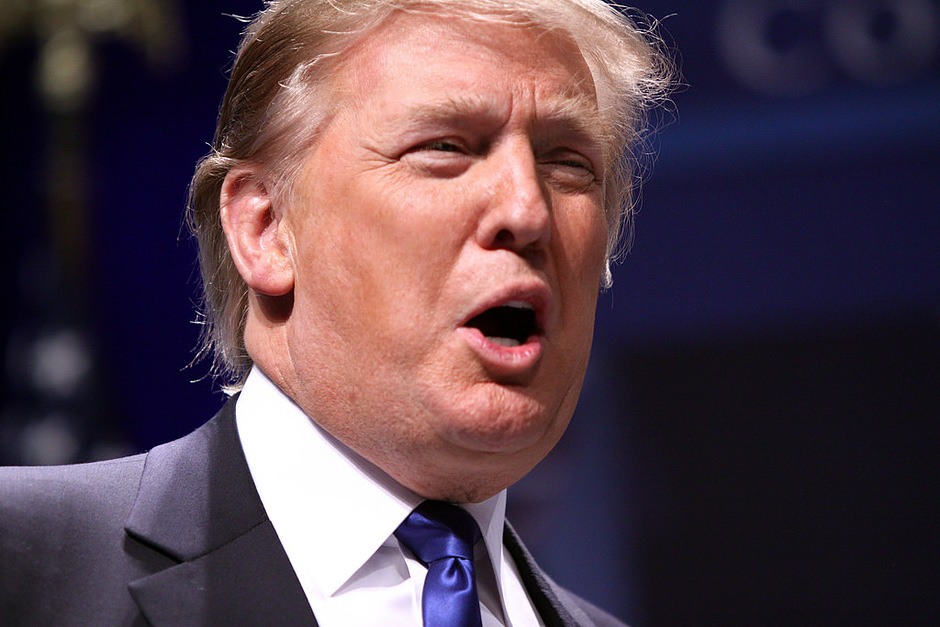Coronavirus: How Trump's shortcuts could lengthen and exacerbate stocks' suffering
- Stock markets are attempting recovery after the Fed's open-ended QE and trillions of stimulus.
- President Trump was looking for quick fixes and strives to reopen the economy by Easter.
- It could lead to a deeper crash and failure to recover.

"It is going to be just fine" – that was President Donald Trump's first tweet referring to coronavirus. Two months later, coronavirus has infected over 55,000 Americans, has taken the lives of over 800, and the World Health Organization said the epicenter of the pandemic might shift to the US.
The mix of playing it down, blaming political rivals, claiming early victories, and looking for shortcuts has hobbled the US response. It may now have even greater detrimental effects – delaying defeating Covid-19. For investors, it may result in another substantial crash in stocks and a longer recovery.
Trump looks for easy wins
That was only one of the president's dismissals of the illness that has gripped the world and sent stocks collapsing as a deep recession is already in play. He later went on to say that coronavirus is just another hoax by the Democrats, claiming that "all is in good recovery," and "under control."
When Trump closed the US to entries from China, he thought it was over and was sure the issue is solved. His rare Oval Office address also consisted of a travel ban – this time to Europe – without offering fiscal stimulus that the economy already needed.
When he finally took things more seriously in mid-March by declaring a national emergency, he mistakenly said that several medications had been approved by the Food and Drugs Administration – only to be corrected later on. The president seemed to rush to declare a cure was available and find a shortcut.
Later on, local and state authorities began imposing lockdowns as coronavirus continued spreading. Mass layoffs were underway, and the administration's solution seemed to be asking states to tone down their reports about new claims – as if to make the problem go away by not talking about it.
At the time of writing, the latest quick fix is saying he does not want the cure to be worse than the disease and wish to see churches fill up in Easter. The self-proclaimed "wartime president" seems unprepared for a long battle.
Why this approach is terrible for the economy and stocks
Markets have seen days of optimism – including the biggest rally since 1933 on March 24. That was partly thanks to the president's optimism but also due to other policymakers. Republicans and Democrats agreed on a $2 trillion stimulus package to keep the economy afloat, and the Federal Reserve had previously unleashed its open-ended Quantitative Easing program.
Yet $2 trillion may be insufficient, and so will all the bond-buying in the world if Trump continues looking for shortcuts.
The optimistic message from the Commander in Chief confuses the public, that is asked to adhere to instructions from governors. By thinking that coronavirus is not severe, people may flout the guidelines and continue spreading the virus – delaying real victory over the disease.
If Trump strongarms governors to lift some of the restrictions ahead of time, the number of infections could rise again.
For markets, it is also a false signal that things are improving. And what happens if the president is wrong? It would be more than a delay in beating coronavirus and recovering, but also risks a loss of confidence. Investors would be cautious when reacting to genuine signs of improvement – from falling numbers of new deaths to the removal of lockdowns.
Early on, analysts spoke about a "V-shaped" recovery – a sudden shock due to the shuttering of the economy, followed by a swift recovery. A dent to sentiment may cause the economy to have an L-shape the same shock paralysis but with a long stall afterward.
The bottom in equities could still be far. Another massive sell-off could be seen. Moreover, the recovery may be a prolonged one – no V, no U, and not even W.
A secondary effect may also come from Trump's lower chances of being reelected, pushing Wall Street further down in fear of Democrat-led regulation.
More:
- Will coronavirus cost Trump the elections? His approval rating is already falling market implications
- When will the Corona equity market end? Or has it already?
Author

Yohay Elam
FXStreet
Yohay is in Forex since 2008 when he founded Forex Crunch, a blog crafted in his free time that turned into a fully-fledged currency website later sold to Finixio.

















